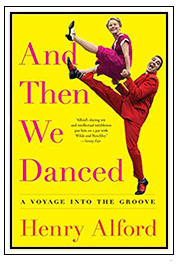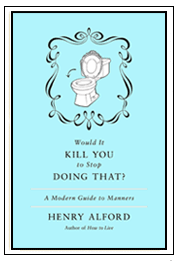I Must Go On/I Cannot Go On
May 1st, 2009There’s an interesting article about obituaries by someone named Stefany Anne Golberg in “The Smart Set,” Drexel University’s magazine. Pointing to the current flowering of, and interest in, obits as a literary form–if not up to the level of the Daily Telegraph’s or The Economist’s, the New York Times’s obits have definitely gotten juicier and more narrative in recent years; and now there are websites like obit.com, howtowriteanobituary.com and, yes, the ghoulish patrickswayzeobituary.com–Golberg goes on to quantify two types of memorial writing. The two types stem from the worldviews of, alternately, Aristotle and Benjamin Franklin.
The old-school style of obit–those bizarrely curt and truncated, semaphore-like ones that most newspapers run–uphold the Aristotelian view. “Aristotle thought of life as a sum of its total actions that couldn’t be judged until those actions came to an end,” Golberg writes. In this worldview, you’re not really dead until you’ve been the subject of an obit–“judgement completes life.” In the Franklin model, though, “A man is not completely born until he is dead,” as Franklin once wrote a grieving daughter. To Franklin, a soul, freed of its body by death, is now ready to live the “real life” that is immortality. Golberg writes that the jazzier, more narrative obits that we are increasingly reading today fall into the Franklin category. They present life and death as a neverending story. A continuum.


















